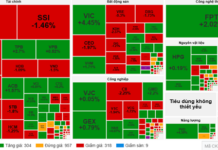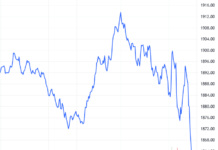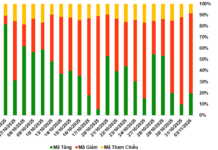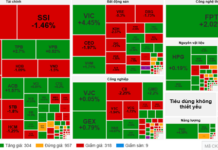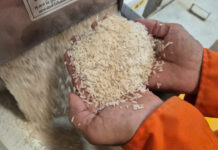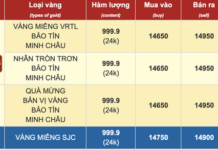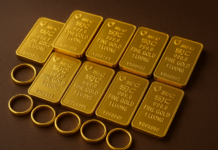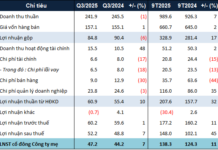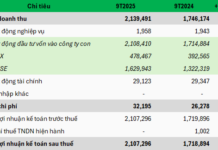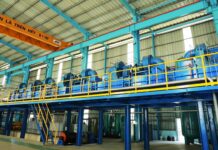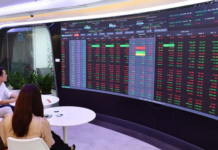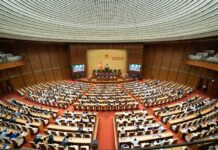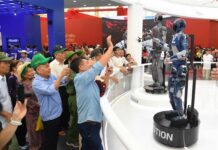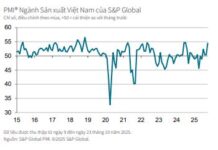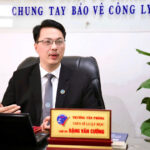Ba Ria – Vung Tau has been making significant strides in various sectors such as island tourism, maritime economy, oil and gas exploitation, and coastal industries. The province is not only crucial to the national economy but also a shining example of sustainable development.
Efforts to establish Ba Ria – Vung Tau as a national maritime economic center have been clearly directed through numerous policies and strategies. The dynamic growth of these sectors has propelled the province to the forefront, showcasing its vital role in Vietnam’s economic landscape.
Maritime Economic Sectors: Driving Force for Comprehensive Development
Ba Ria – Vung Tau is renowned for its pristine beaches and island tourist destinations such as Vung Tau, Long Hai, and Con Dao, which have been significant contributors to the province’s tourism revenue. The island tourism industry has not only made a substantial impact on the province’s GDP but also generated thousands of local jobs.
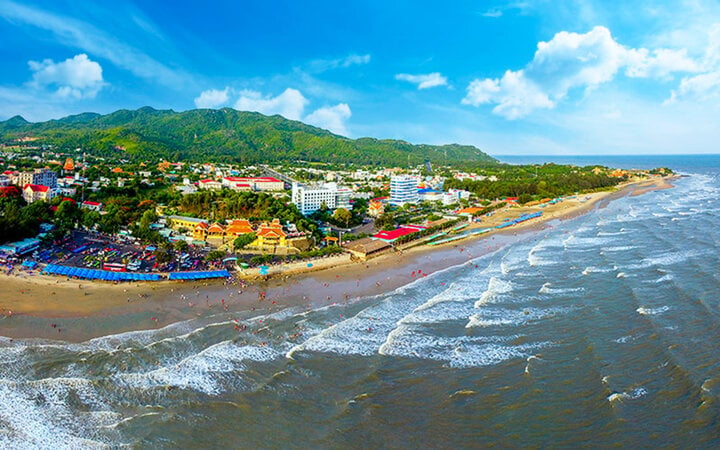
Long Hai Beach, Ba Ria – Vung Tau. (Photo: Do Trong Danh)
Investments in tourism infrastructure, including hotels, resorts, and ancillary services, have elevated the province’s service quality, attracting domestic and international tourists alike. Additionally, promotional campaigns and branding efforts for Ba Ria – Vung Tau island tourism have yielded positive results, establishing the province as an appealing destination on the international tourism map.
Furthermore, the province is home to the Cai Mep – Thi Vai port cluster, one of the largest deep-water ports in Vietnam and the region. This port complex serves as a crucial hub for the country’s import and export activities, particularly in the southern region.
With 16% of the total cargo handled through its ports and accounting for 50% of the region’s container volume, Ba Ria – Vung Tau is steadily cementing its position in the maritime economic sector.
In addition to port facilities, the province is also witnessing the robust development of its logistics and marine transportation services. Investments in infrastructure and technology, including port upgrade projects and the development of connecting road and rail networks, will enhance Ba Ria – Vung Tau’s competitiveness in the region, attracting more international investors.
Ba Ria – Vung Tau is also one of the largest oil and gas exploitation centers in Vietnam, significantly contributing to the state budget. With abundant oil and gas reserves and modern exploitation projects, the province has been a leader in this field, excelling in both production volume and advanced exploitation technologies while also prioritizing environmental protection.
Aside from oil and gas, the province has the potential to sustainably exploit other marine mineral resources such as sand, stone, and other minerals. The province is committed to ensuring that the sustainable exploitation of these resources goes hand in hand with environmental protection.
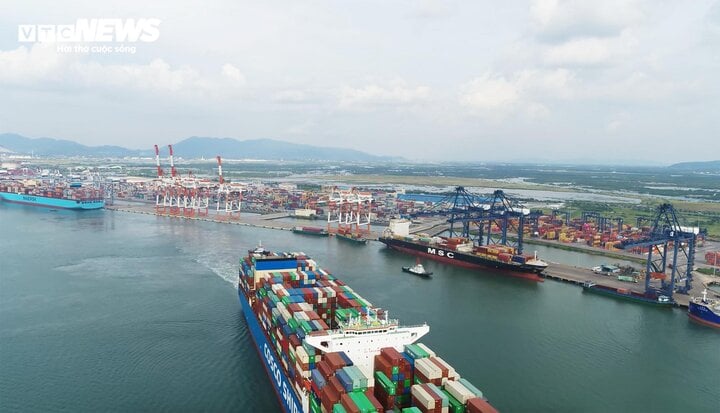
Cai Mep – Thi Vai Port. (Photo: Hoang Tho)
The coastal industries in Ba Ria – Vung Tau are also a key economic driver. These include sectors such as seafood processing, construction materials production, and auxiliary industries. The coastal industrial zones, such as Phu My and Long Son, are modern and well-planned, attracting domestic and foreign investors, thus creating a closed production-to-export value chain.
Seafood processing, with frozen seafood as the main product, is a significant export sector, introducing Ba Ria – Vung Tau products to international markets. Moreover, the province’s construction materials manufacturing plants provide essential raw materials for domestic construction projects and exports.
With its vast sea area and diverse marine ecosystem, Ba Ria – Vung Tau possesses enormous potential for aquaculture and fisheries. This sector not only meets domestic consumption needs but also exports to numerous international markets, generating considerable revenue for the province.
The application of science and technology in aquaculture, resource management, and marine environment protection has led to increased production volume and improved product quality. Sustainable models that protect the marine environment are being widely implemented, ensuring the preservation of marine resources for future generations.
To meet the growing energy demands while minimizing environmental impact, Ba Ria – Vung Tau is actively developing renewable energy projects, including wind and solar power. With abundant wind and sunshine, the province is well-positioned to establish large-scale renewable energy projects, providing clean energy for the entire country.
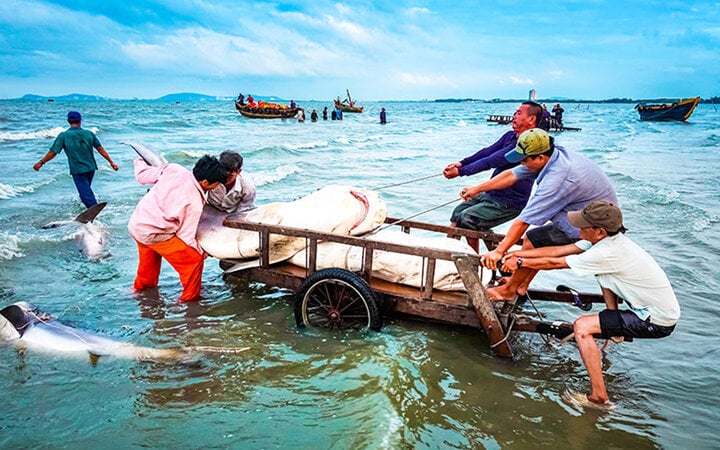
Fishermen in Ba Ria – Vung Tau celebrate a bountiful catch. (Photo: Giang Son Dong)
These renewable energy projects not only create local job opportunities but also contribute to environmental protection and the reduction of greenhouse gas emissions, aligning with the nation’s sustainable development goals.
Beyond traditional maritime economic sectors, Ba Ria – Vung Tau is also embracing new sectors such as marine science and technology and smart coastal cities. Investments in scientific research and the application of advanced technologies in resource exploitation and protection, along with the development of smart and modern coastal cities, will enable the province to keep pace with global development trends.
The coastal city projects will not only enhance the quality of life for residents but also attract investments, boost tourism and services, and create new impetus for the province’s socio-economic development.
Development for the Future
At a workshop to gather opinions on the proposal to develop Ba Ria – Vung Tau into a national maritime economic center, Assoc. Prof. Dr. Tran Dinh Thien, from the Vietnam Economics Institute, emphasized that among the 28 coastal provinces and cities in Vietnam, Ba Ria – Vung Tau stands out as a province where the maritime economy plays a pivotal role in its development.
This is evident not only in the substantial proportions within the economic structure (the ratio of maritime economic output in GRDP, export-import turnover, labor and employment, budget contribution, etc.) but also in its foundational role in the national economy (the oil and gas industry) and its function as a convergence, linkage, and leading force in regional and national development (the first and only international transshipment port to date).
Given this unique role and position, Ba Ria – Vung Tau’s maritime economy has gone through a nearly 40-year development journey in the renewal and transformation process, marked by highs and lows. This practical experience encompasses a range of dynamic issues and invaluable lessons.
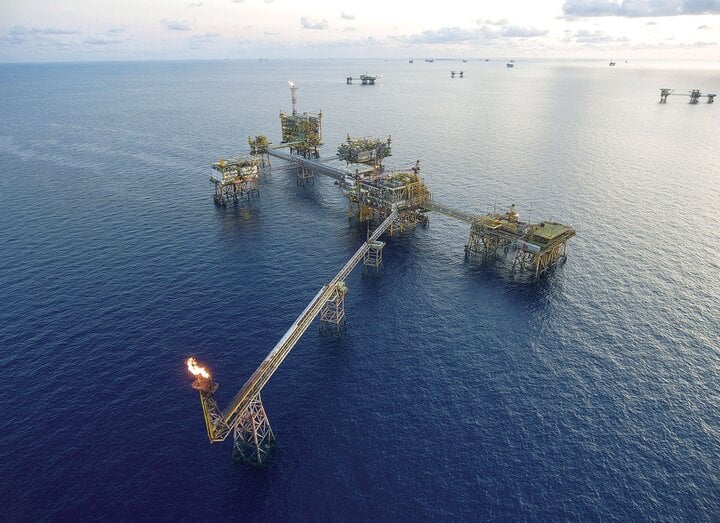
Drilling rig in Bach Ho oil field.
“As Vietnam’s economy enters a new phase of development and the country’s maritime economy begins to be positioned as a modern, complex system, it is natural to comprehensively review and assess the practical development of Ba Ria – Vung Tau’s maritime economy in a serious and systematic manner, with a forward-looking perspective,” said Assoc. Prof. Dr. Tran Dinh Thien.
Based on this assessment, Assoc. Prof. Dr. Tran Dinh Thien suggested that to develop Ba Ria – Vung Tau’s maritime economy effectively, a strategic approach is necessary, one that transcends local boundaries and is integrated into the overall national and regional context. This perspective will form the basis for selecting priority sectors within the province’s maritime economic complex. He also recommended conducting comprehensive surveys and research on the entire marine space and resources, creating specific maps, and compiling detailed data and information about the nation’s sea and islands.
Assoc. Prof. Dr. Tran Dinh Thien proposed that the Central Government actively establish institutions, mechanisms, and policies to promote the development of modern maritime economic sectors. He also advised granting Ba Ria – Vung Tau the maximum autonomy and proactive mechanisms in maritime economic development.
Trung Nam Group, led by Chairman Nguyen Tam Thinh, faces forced suspension of customs procedures.
Trung Nam Group was forcibly seized due to tax debt exceeding 90 days from the deadline for payment as regulated. The amount seized is 27.5 billion Vietnamese dong.

